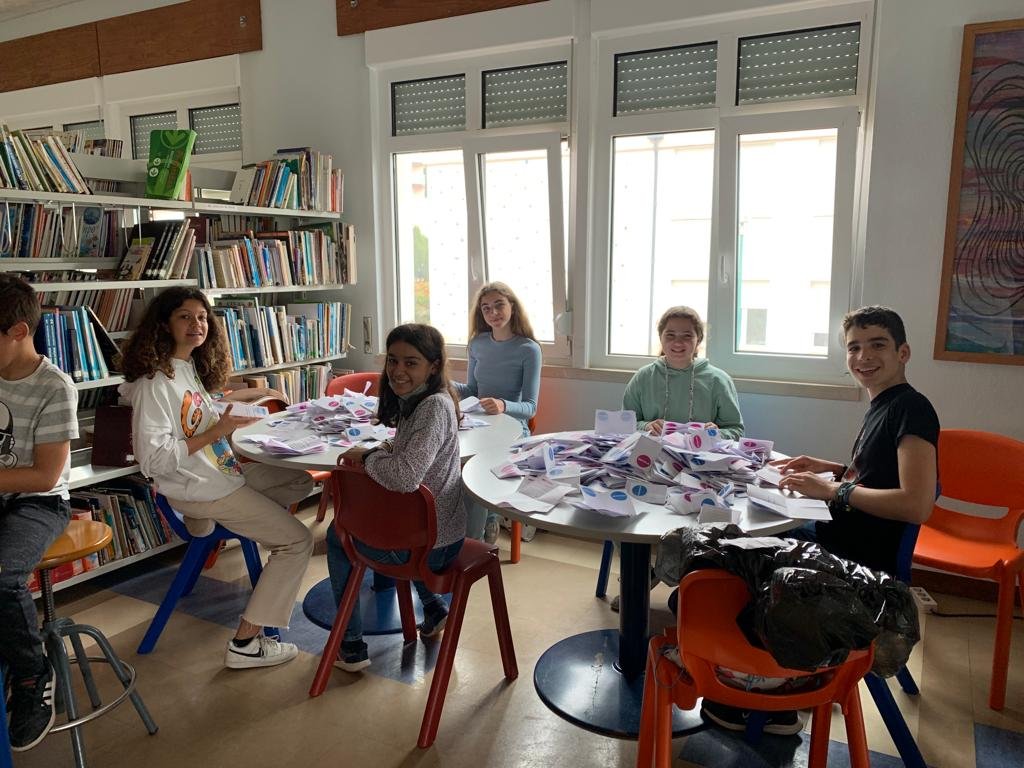Portugal: Participatory budgeting in Cascais
Challenge
While budget allocations have a major impact on children’s lives, children and young people themselves rarely have opportunities to influence how public money is spent. In the past years, several local governments have taken steps to include children in budgetary decision-making. One of them is the City of Cascais in Portugal.
Solution
In an effort to empower children, the City of Cascais invited children aged 10 to 18 from four schools to participate in the city’s decision-making related to the allocation of public budgets for the first time in the school year 2016 to 2017.
The Youth Participatory Budget Project (YPB), which is coordinated by a multidisciplinary team within the city council, not only aims to strengthen participatory budgetary decision-making, but also to educate children and teachers on child rights and the importance of civic engagement in the four months leading up to the budget consultations (September-December). During this preparatory phase, each school appoints one class as ‘Participation Ambassadors’ to lead and promote the process within the school.
In the beginning of the new year in January, each school holds a co-creation session to collect ideas from students for allocating the budget they have been granted. This happens through roundtable discussions facilitated by the Participation Ambassadors. The ideas collected through the roundtable discussions will be evaluated by the Ambassadors and put forward for a student vote within the schools. Proposals include both school-level projects (10,000 euros per school) and ideas for the entire community (for a maximum of 350,000 euros every year). Community-level proposals are integrated into the broader community-level participatory budgeting process, granting children’s ideas the same importance as those of adults.
Impact
Now implemented in 15 schools in Cascais, the youth participatory budgeting process is an outstanding example of how children can be empowered to influence decision-making processes impacting their lives in the communities they live in. At the same time, they learn important life skills and are taught about democratic participation. Most importantly, the practice of participatory budgeting enables schools to be responsive to the needs and priorities of students. Through the process, children and young people have already allocated more than four million euros of public funds. 12 proposals from children and young people have received funding through the city-wide participatory budgeting process, the latest of which was the establishment of a new shelter for victims of domestic violence.



